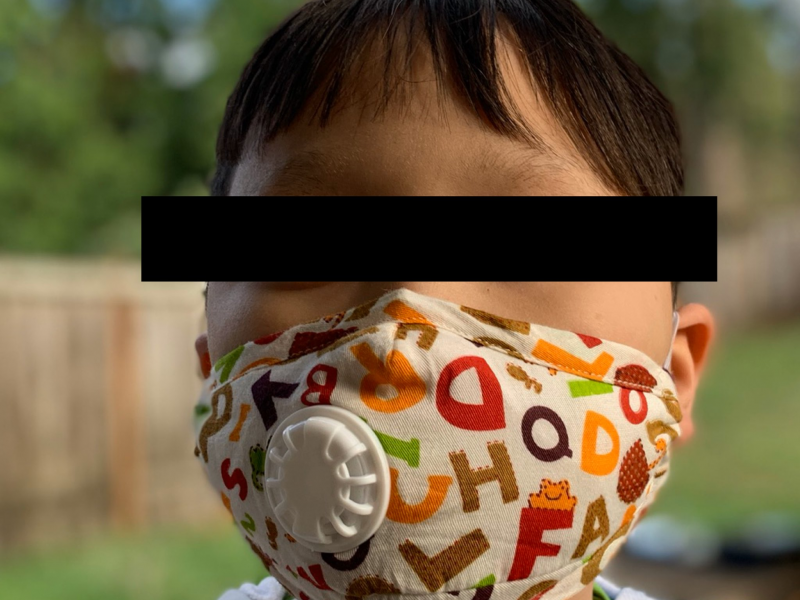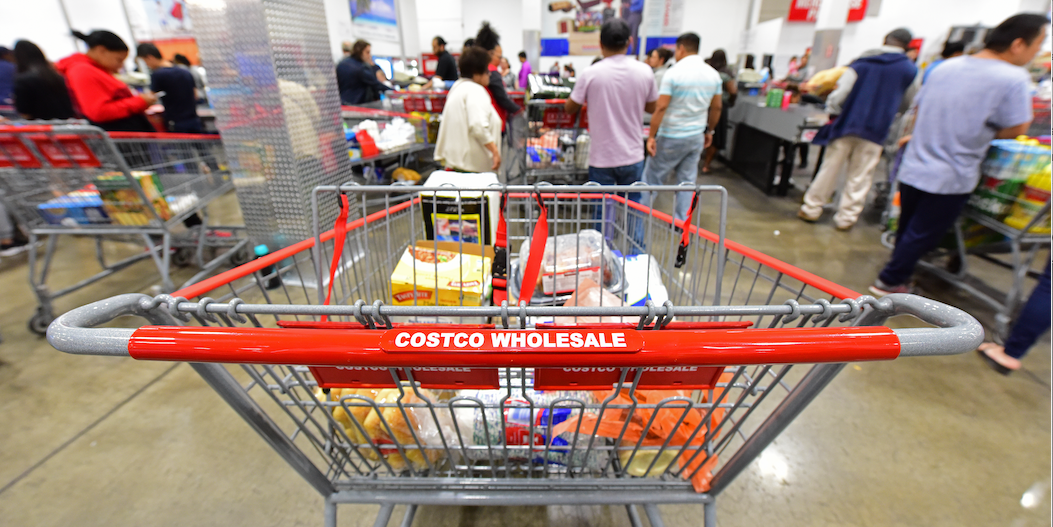- A man in Washington said a sample-stand worker at Costco asked his family to move away because the worker feared that they were from China and had the Wuhan coronavirus.
- The man told Insider that his 8-year-old son had on a face mask that he had asked to wear.
- Costco said the worker is employed by a separate company that is taking “appropriate measures” in response.
- The man spoke with Insider about the event and his concern about people’s perceptions of Asian Americans.
- Visit Insider’s homepage for more stories.
A man in Washington state said his wife and his 8-year-old son who were browsing a food sample stand at Costco were told to “get away” over fears of the coronavirus that originated in Wuhan, China.
Devin Cabanilla told Insider that he and his family were out for lunch and decided to stop by for some groceries. His son was wearing a face mask when he and Cabanilla’s wife went to the sample stand.
Cabanilla said that the woman at the sample station, who was not a Costco employee, asked whether they were from China before telling them to go away because she was afraid of getting the virus.
Cabanilla said he reported the incident to a nearby supervisor and reached out to Costco’s CEO. He also posted about the experience on Twitter on Sunday.
"Ugh @costco food sample lady told kid to get away because he may be 'from China' and was worrying about getting infected," he tweeted.
"Sad my boy has to receive racial stereotyping," he continued. "Ironically mask makes him safer to be around Told a store supe, he was cool to hear us."
Cabanilla told Insider that his son had asked to wear the mask after learning about the virus and seeing other kids at school wear them.

Cabanilla said that while he wasn't particularly concerned about the virus, he was worried that an outbreak like this would cause people to be suspicious of Asian Americans.
"One thing that is in the back of my mind is that someone Asian is being judged in public right now," he said. "In general, people are going to have assumptions or be casually careful around Asian people."
He said this was the first incident his son experienced where he was judged for his perceived race.
"What was interesting was his response was just so focused on how he looked," Cabanilla said, adding that he now has to "undo" the idea that the way his son looks may make other people uncomfortable.
"His two responses that I remember him saying were: Did they really think I'm from China? Is it because of the way Mom looks?" Cabanilla said.
Cabanilla said that his wife is Korean American and that he is a mix of several ethnic backgrounds, including Filipino, Mexican, Chinese, Native, and white.
Patrick Callans, Costco's executive vice president of administration, told Insider that company executives spoke with Cabanilla's family and that they had been very understanding.
"We are very sorry this incident occurred in our location," Callans said. "The comments to the boy were made not by a Costco employee but by an employee of an independent demo company. The demo company is taking appropriate measures with its employees."
KING 5 News reported that the woman was employed by Club Demonstration Services, which apologized on Wednesday.
The company told the news outlet that it would provide employees with additional training "to ensure that we treat everyone with the sensitivity and respect they deserve, and will further educate our staff on the coronavirus to alleviate any fears or misperceptions."
Cabanilla, who lives in Bellevue, where about a third of the population is Asian American, said that his son's school district had sent him alerts about the virus every day but that friends in other districts had not gotten those alerts.
Washington had the first confirmed case of the virus in the US, in Snohomish County, last week: a man in his 30s who had recently traveled to Wuhan.
The novel coronavirus, officially called 2019-nCoV, has spread to at least 17 countries, killed at least 170 people, and infected at least 7,700 other people.
- Read more:
- The Wuhan coronavirus has killed 170 people and infected more than 7,700. Here's everything we know about the outbreak.
- US officials are testing for the new coronavirus in 36 states after 5 cases were confirmed. Here's what we know about the US patients.
- The US just evacuated nearly 200 Americans from Wuhan, China. The passengers reportedly cheered when they landed.

